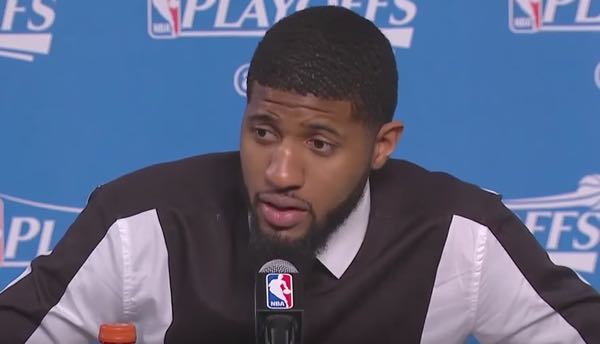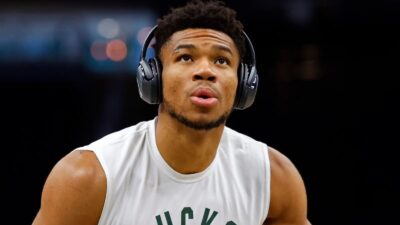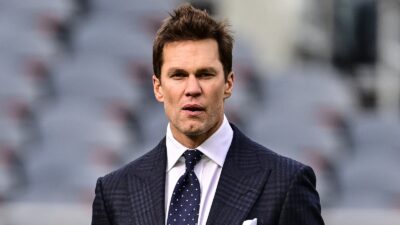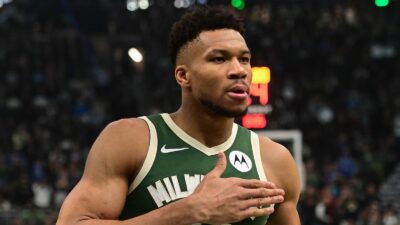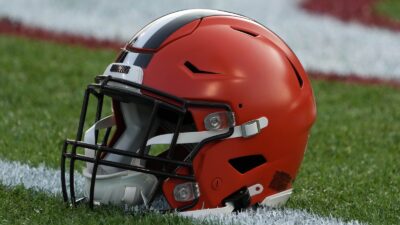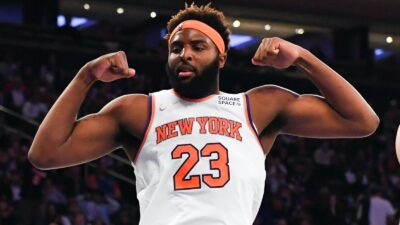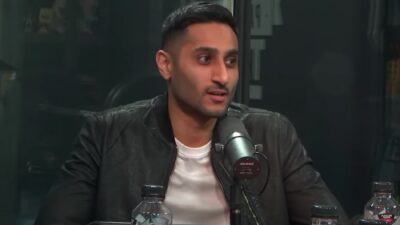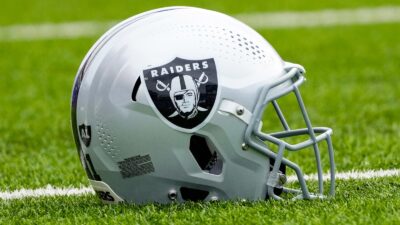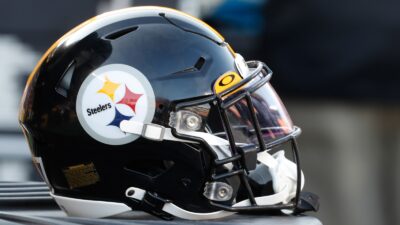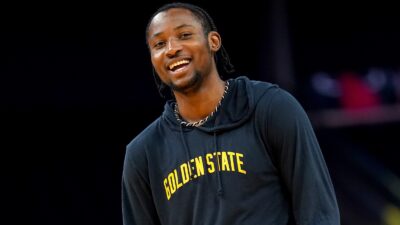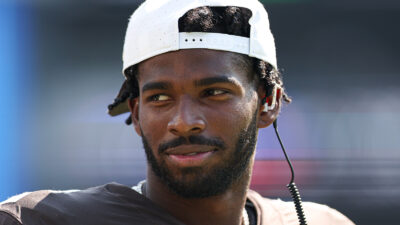LOSERS
1) Indiana Pacers
Pacers GM Kevin Pritchard knew he was dealing from a less-than-optimal situation when Paul George made it known that he was going to be bolting the organization in summer of 2018. It was even worse with the pronunciation that George already has a destination in mind for that summer, meaning teams trading for him had to accept the likely scenario that they were renting a player for a year.
Pritchard took a bad situation and made it worse. He got no draft picks in return for George, settling only for Victor Oladipo and Domantas Sabonis. Oladipo is a solid player who, at 25, still has some room to grow, but it looks less and less likely that he’ll ever be a star. Sabonis, a lottery pick last season, also doesn’t look like a guy with an elite future.
Was the George market that bad that this was the best Pritchard could do? The answer is reportedly no. Sure, it’s better than losing George for nothing, but it’s incredibly hard to believe Indiana couldn’t have done better.
2) Miami Heat
The Heat had plenty of cap space after the league ruled the Chris Bosh contract wouldn’t count against them, and they made plans to spend it. But they didn’t spend it in good places.
The Heat made a big run at Gordon Hayward but came up short. They then moved quickly to plan B, which really amounted to a plan F.
Miami agreed to a $50 million deal with Kelly Olynyk, a $52 million deal with Dion Waiters, and James Johnson is going to get $60 million from them. All are four-year deals.
The trio of Waiters, Johnson and Olynyk is not the Big 3 Heat fans are used to. Worse yet, all three are on four-year deals, ones Miami is likely to end up regretting.
Sure, the Eastern Conference is weaker and Miami may have smelled an opening, but this team is unlikely to be much more than the .500 squad they were last season.
3) Utah Jazz
The Jazz slowly built their team the right way and developed homegrown talent Gordon Hayward into an All-Star. And then he up and left the organization because he saw a better opportunity elsewhere.
There is no way to view Hayward’s departure as anything other than a crushing blow to the franchise.
Yes, Utah will try to regroup and has big plans for Rodney Hood, but they may not even be a playoff team a year after earning the No. 5 seed last season. They also lost Hill to Sacramento, though they are trying to make up for that with their trade for Ricky Rubio.
This team really took a step forward last season. It’s a terrible break to have to go backwards again.
4) Cleveland Cavaliers
Perhaps it’s not fair to the Cleveland Cavaliers to land on this list, as they remain extremely limited in their options due to salary cap hell. They managed to retain Kyle Korver and added Jose Calderon at the league minimum, but these moves are not going to carry them ahead of their big old nemesis in Golden State.
They let general manager David Griffin walk just before free agency and their efforts to replace him have gone poorly. The Cavs tried, but ultimately struck out in a Paul George pursuit. They’ve been linked repeatedly to Carmelo Anthony, but barring an increasingly unlikely buyout, such a move likely won’t be consummated.
Yes, the Cavs are hamstrung by salary cap restrictions. Yes, they are still the best team in the East. But that won’t cut it anymore, and with his own free agency looming in a year, LeBron James probably won’t want to see a franchise stuck in neutral — or worse, shedding salary.

